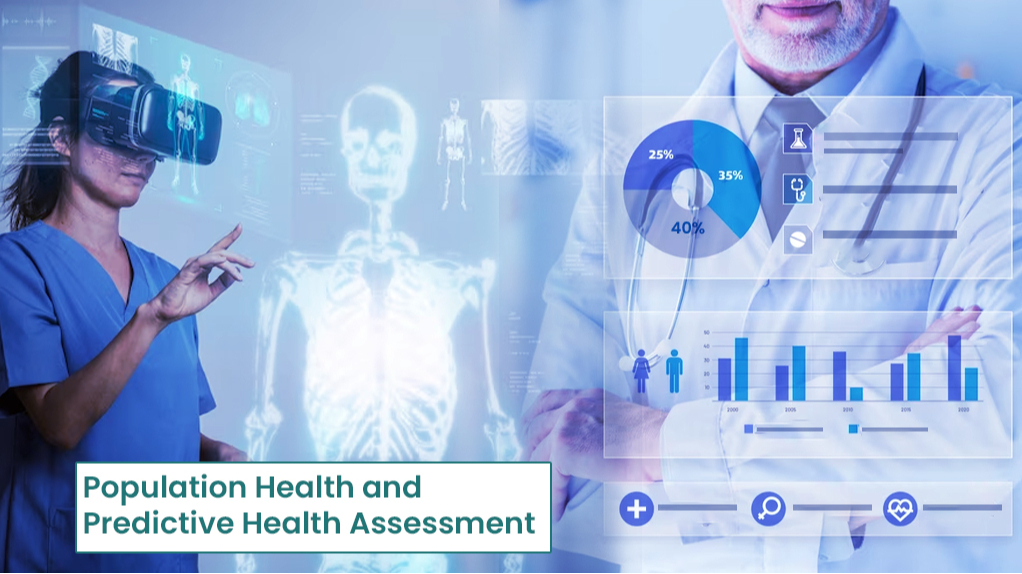Health data interoperability enables comprehensive health data sharing among healthcare providers, public health agencies, and other relevant stakeholders. It facilitates a more complete understanding of population health trends, disease patterns, and healthcare outcomes. It allows data from diverse sources, including electronic health records (EHRs), wearable devices, and health monitoring applications, resulting in a holistic view of an individual's health status and population-level health metrics.
Interoperable health data promotes effective care coordination among healthcare providers. When different providers can access and share a patient's health information, they can collaborate more efficiently, leading to better-informed treatment decisions and reduced medical errors. For example, if a patient is admitted to a hospital, the emergency department can quickly access the patient's medical history, medication allergies, and previous diagnoses, facilitating appropriate and timely care.
Healthcare interoperability supports real-time public health surveillance by enabling the collection and analysis of population health data from various sources. This capability is crucial during disease outbreaks, natural disasters, or other public health emergencies. With interoperable health data, public health agencies can monitor and respond to infectious diseases, track vaccination rates, identify high-risk populations, and implement targeted interventions more effectively. By combining data from diverse sources, such as clinical records, genomic information, environmental factors, and social determinants of health, researchers can gain deeper insights into disease mechanisms, treatment outcomes, and population health trends. This data-driven approach can fuel the development of predictive models for disease risk assessment, early detection, and intervention strategies.
It allows more accurate, predictive and personalized health assessments. With access to a patient's complete medical history, genetics, lifestyle data, and environmental influences, healthcare providers can develop more precise risk prediction models. These models can identify individuals at higher risk of developing certain conditions, enabling proactive interventions, personalized treatment plans, and lifestyle modifications to prevent or manage diseases. Healthcare interoperability facilities advancement of predictive health assessment.
It empowers individuals to have greater control over their health information. Patients can access and share their health data with different healthcare providers, participate in research studies, and engage in self-management tools and applications. This active involvement promotes patient-centered care, shared decision-making, and a more participatory role in managing their own health.
Healthcare interoperability benefits population health and predictive health assessment by enabling comprehensive data sharing, improving care coordination, enhancing public health surveillance, supporting research and analytics, facilitating personalized health assessments, and empowering patients to take an active role in their healthcare.
Overall, health data interoperability plays a crucial role in improving population health and predictive health assessment by facilitating the exchange and utilization of health information across various healthcare systems and stakeholders. It enables better care coordination, population health management, research, and empowers both healthcare providers and patients to make more informed decisions. It empowers patients and allows patients to access and control their own health data.

